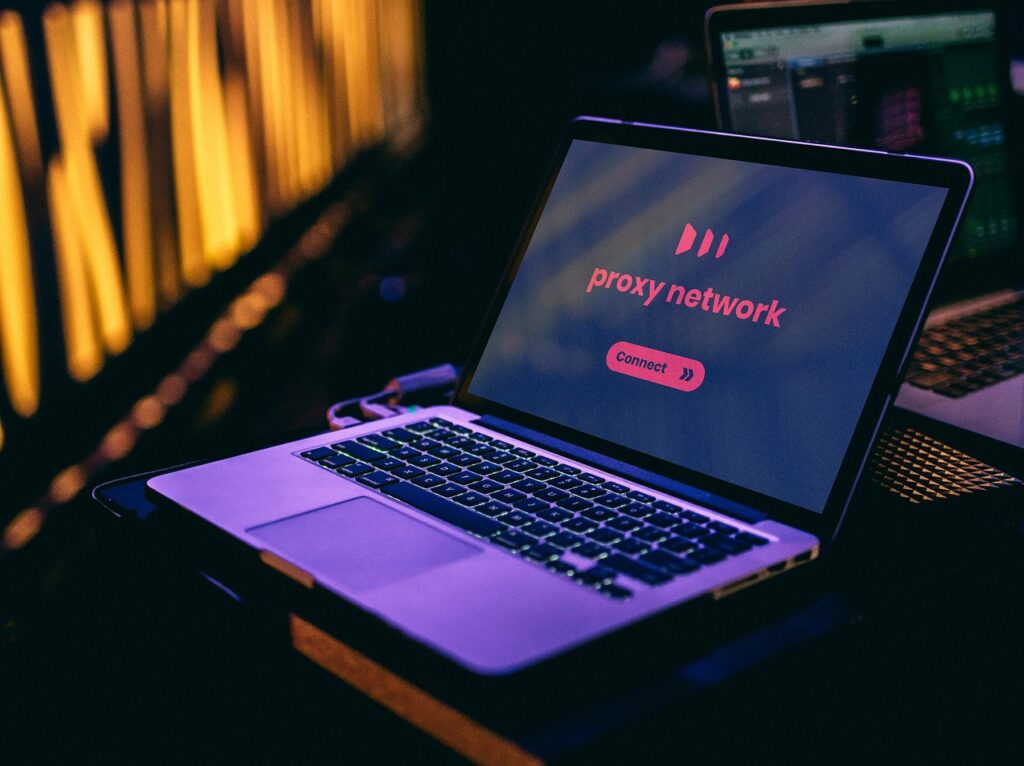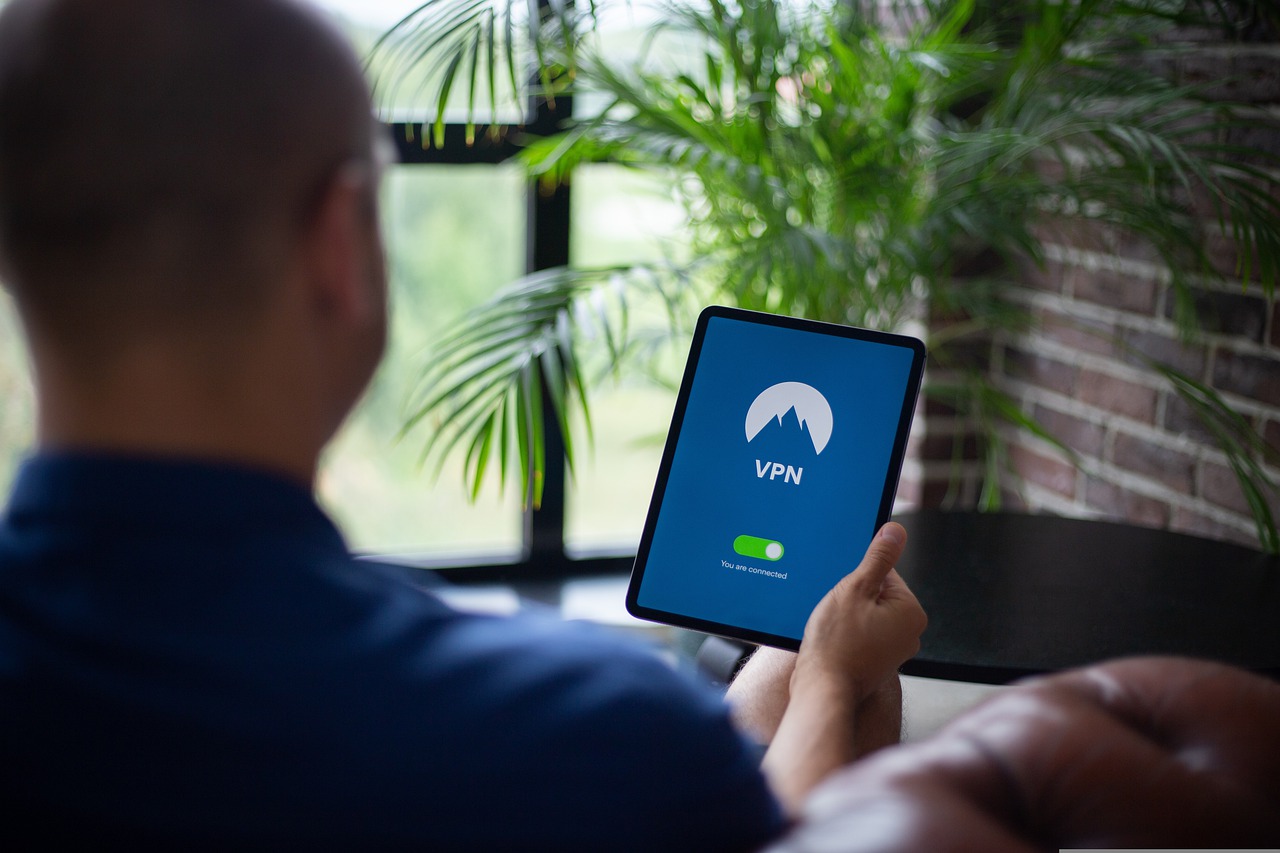In today’s world, you have a good reason to be concerned when browsing the internet. It is becoming increasingly more dangerous and restricted for consumers, as nefarious third parties look to track, steal and monetize your data for their financial gain.
On the deeper and darker end of the spectrum, you have cybercriminals who have snowballed since the COVID-19 outbreak. Due to the pandemic and the world largely shifting online, they took advantage committing a huge amount of cybercrime against people browsing online.
A smart move would be to look into a VPN and proxy, as these online tools can protect you from any dangerous online lurkers and give you a strong sense of anonymity, which is needed today. Firstly, however, it is important to recognize the differences between a proxy and a VPN.
While they both act similarly and provide comparable functions, both are usually seen operating in different settings with distinct primary functions. For example, a proxy stores your incoming data into it, but will encrypt the incoming and outgoing internet activity from itself – a VPN completely encrypts the data from end-to-end use.
What Is A Proxy?
A proxy server, like residential proxies, is a tool you place in between your computer and a server, working as a middle gateway between your activity and the internet. Whether you are online watching Netflix, downloading files from a Dropbox, or trying to read the news, you connect to a proxy first.

Once you do this, the requests you are sending to these outlets come from the proxy server. This is a strong benefit of a proxy – it allows you to hide your identity and keep your IP address private.
Whilst you browse the web, any sites that receive your internet traffic and requests will only get the IP address of the proxy server, not your real one. This gives the user a blanket of security, knowing their real-time location isn’t being stored with these dangerous or malicious third parties.
What Is A VPN?
A VPN is a more common tool than a proxy and has grown rapidly in usage by individual consumers since the pandemic, as Statista reported the current VPN industry to be worth $44.6 billion.
As people used the internet more, they wanted to not be restricted by their internet service provider or any goofy regional-based regulations that wouldn’t allow them to access the content.
A VPN is a virtual private network, it’s something you can access through your web browser and the tool creates a private tunnel for your internet traffic. This means any prying eyes cannot access it, and even if they had your data, it would be encrypted so would be useless to them.
A VPN also hides your IP address, similarly to a proxy server. A big benefit of a VPN aside from the security is the anonymity it gives a user – all of the internet traffic and IP address are hidden, meaning you are completely protected from anyone trying to get your data.
On the other side, IP address anonymity removes the shackles of any geo-restrictions, meaning you can watch any content that might not be available in your country or read the news that could be censored by your government.
Differences Between A Proxy And A VPN?
The main difference between a proxy server and a VPN comes in the anonymity aspect. Whilst you can hide your IP address using both, a VPN provides 100% anonymity whereas a proxy server stores your internet traffic, and IP address but prevents outside servers from accessing this.

That means that if you did not trust the admin or controller of the server, your data could be at risk. Another difference is the usage – primarily, a VPN is used by an individual through some popular VPN provider, mainly for themselves to be anonymous and gain more freedom online.
A proxy server can be a great benefit for a business, as it allows a group of remote employees to all work from one server. In addition to this, the admin can set filters on the proxy server to ensure that any dangerous or malicious websites are avoided, so any potential threats to the business like ransomware, malware, or phishing scams are avoided.
A business can also set restrictions through the proxy server to ensure its employees do not go to websites for recreation or ‘time-wasting’, meaning a business has the advantage of keeping their employees more focused and on task compared without the proxy server.
Finally, a protective benefit of a proxy server can come in its security and protective benefit. If a malicious, dangerous or harmful website was somehow accessed through the proxy, and some data or files were downloaded from it to the proxy server, any damage or infiltration will remain with the proxy server and not advance to your real PC, network, or server. This can be a huge protective layer for a business or online user.
Ella Marcotte
Latest posts by Ella Marcotte (see all)
- UA vs GA4: The 4 Big Differences You Need To Know - April 8, 2024
- Understanding The Role Of Control Valves In Industrial Automation - April 8, 2024
- How Automation Can Boost Your Business Outcomes - April 4, 2024




